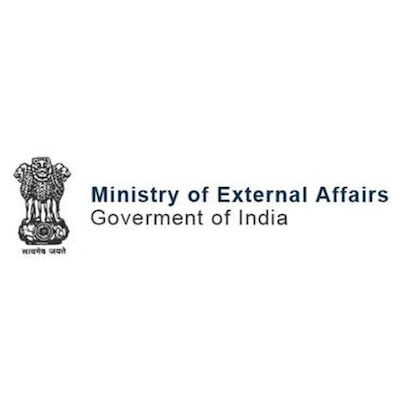India Unveils Strategic Action Plan as Chair of Colombo Process for Regional Cooperation
India has presented a comprehensive action plan focusing on various priority areas for regional cooperation under the Colombo Process. This regional consultative forum, which includes 12 Asian nations, serves as a critical platform for collaborative efforts on migration and employment issues. The plan was unveiled during a meeting in Geneva on Friday, marking a significant milestone as India chairs the Colombo Process for the first time since its inception.
The Colombo Process aims to facilitate safe, orderly, and regular migration for organized overseas employment, primarily benefitting the labor and migrant workers from member states. Established in 2003, the forum includes countries like Afghanistan, Bangladesh, China, India, Indonesia, Nepal, Pakistan, the Philippines, Sri Lanka, Thailand, and Vietnam. It operates under the broader framework of international migration management, closely aligning with the objectives of the Global Compact for Safe, Orderly and Regular Migration (GCM).
During the Geneva meeting, India articulated several key priorities designed to enhance the effectiveness and scope of the Colombo Process. Among these priorities is a thorough review of the financial sustainability of the forum, which is essential for its long-term functioning and impact. India also emphasized the importance of broadening the membership of the Colombo Process by including new nations as both members and observers, thereby fostering a more inclusive approach to regional cooperation.
Speaking at the event, Muktesh Pardeshi, Secretary of the Consular, Passport, and Visa Division in the Ministry of External Affairs, reaffirmed India’s commitment to the Colombo Process. "India is dedicated to advancing the objectives of this forum and enhancing collaboration among member states," Pardeshi stated. He introduced a detailed action plan for the next two years, underscoring priorities and initiatives aimed at strengthening the Colombo Process.
In May, India took over the chairmanship of the Colombo Process, a significant step that reflects its leadership aspirations in regional cooperation on migration issues. India’s role is pivotal as the forum continues to address pressing challenges like labor migration, migrant worker rights, skills development, and ethical recruitment practices among member states. The country’s leadership is expected to usher in a renewed commitment to actively engage all member states, thereby improving migration governance.
"The Colombo Process plays a crucial role in enhancing regional cooperation on migration issues," the Ministry of External Affairs noted in a statement. "With India’s leading role, there is a renewed commitment to engaging all member states actively, improving migration governance, and fostering safe, orderly, and regular migration for organized overseas employment."
The rollout of the action plan represents India’s strategic vision for the Colombo Process, aiming to boost regional cooperation and address migration challenges systematically. The move underscores India’s broader foreign policy objectives of fostering regional stability, economic cooperation, and sustainable development.
For more details about the Colombo Process and its activities, you can visit the official website.
This feature-length article has contextualized India’s recent initiatives within the Colombo Process, providing a comprehensive overview for readers interested in regional cooperation and migration issues.
